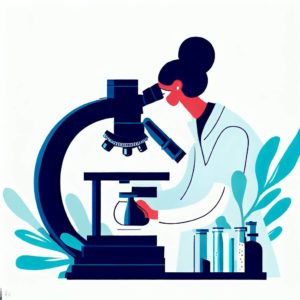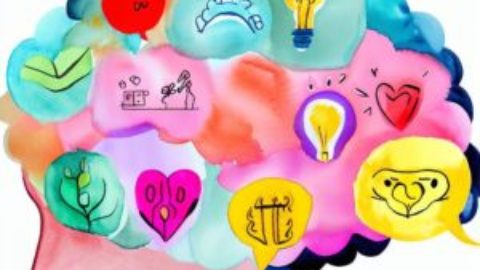
Have you ever wondered about those family remedies that your grandparents used to swear by? You know the ones – a spoonful of honey to cure a tickly cough or a cup of warm milk to send you off to sleep. We all have our stories about how these homespun remedies have worked wonders for us. But as the world of science continues to advance, we find ourselves needing to take a deeper dive into these age-old treatments.
The Quest for Evidence: Why Bother?
Why are we putting these treatments under the microscope? It boils down to one thing: belief versus reality. It’s one thing to believe that something works, but it’s quite another to prove that it genuinely has an effect. We need tangible proof, and that’s where scientific research comes into play.
Case Studies: Acupuncture and Aromatherapy
Consider acupuncture, an age-old Chinese practice used for millennia to cure all sorts of maladies. Yes, countless individuals vouch for its effectiveness, but how can we be sure? Recent research has shown that acupuncture can indeed provide relief for chronic pain and even assist with migraines. However, it’s not a universal panacea – it isn’t effective for everyone or suitable for all conditions.
Now, what about aromatherapy, the ancient practice of using essential oils for mental and physical well-being? Is it true that inhaling lavender oil can help you sleep better? Studies have found that it does improve sleep quality, albeit mildly, and doesn’t replace medical treatments for severe sleep disorders.
Modern Remedies: The Vitamin C Myth
Modern remedies aren’t exempt from this scrutiny. Take vitamin C, for example. While many people believe it can ward off the common cold, research shows that it doesn’t prevent or cure the cold. It might, however, lessen the severity and duration of symptoms.
Why Science Matters

Scientific scrutiny is fundamental in separating fact from fiction and understanding what truly works and why. It allows us to develop effective tools to improve our health and well-being.
But remember, not all treatments are suitable for everyone. We are all unique, and various factors like genetics, lifestyle, and health conditions mean that what works for one person might not work for another.
The Takeaway
So, the next time you’re reaching for that old family remedy or the latest vitamin supplement you saw in a commercial, remember this – scientific scrutiny isn’t about debunking these treatments, but understanding them better. It’s about making sure we’re using the most effective and safest methods to boost our health and well-being. Because at the end of the day, that’s what we’re all striving for, right?







